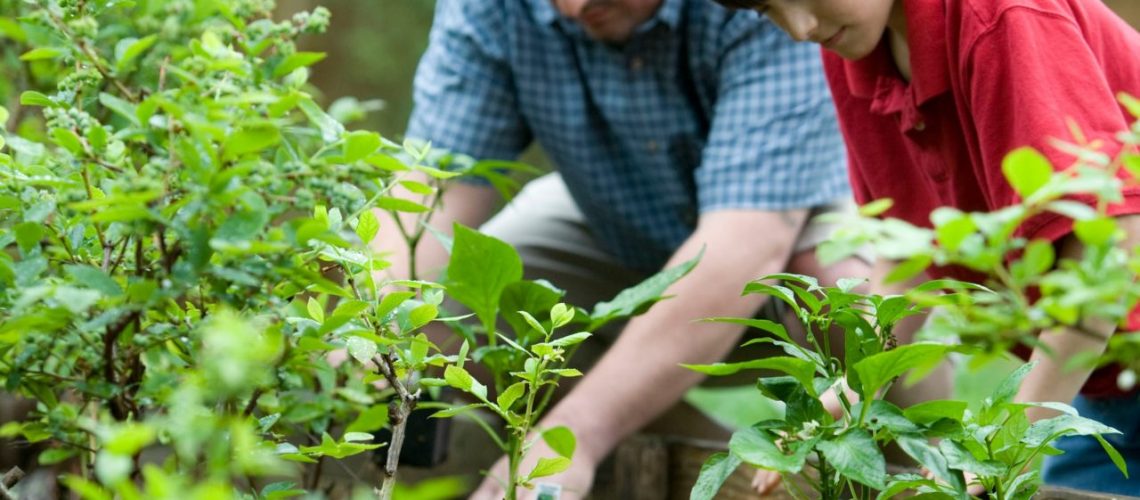It’s time to start your vegetable garden
If you’re thinking about spring vegetable planting, you have come to the right place! With all of the doom and gloom that is going on in the world at present, there is no better time to focus on being as sustainable as possible and taking your mind over the uncertainty that surrounds us at present. With that being said, we have put together a collection of tips on starting your spring vegetable garden below…
Why not start off with some raised vegetable beds?
In order to prepare a vegetable garden for spring, we recommend giving raised beds a try. Lifting up your vegetables into a bed that is built from galvanized steel, wood, or stone is a good idea. This is because vegetables love warm soil and sun. However, in the spring, the soil does not warm up quickly. By using a raised bed, you enable the soil to warm at a faster rate, and it will also dry quicker too. The sun will radiate heat into the soil when it hits the sides of the bed, which keeps it warmer and helps your vegetable garden to flourish more effectively.
Use compost in order to enhance your soil
Aside from this, it is a good idea to use compost to boost your soil. While fertilizers are good for targeted plant nutrition, one wise gardener once said that instead of feeding the plants, you need to feed the soil. Your plants are going to thrive if you have soil that is fertile and rich, so we recommend focusing on that. Adding compost is a good place to start. You can spread the compost over your bed of vegetables in a layer that is around an inch or two in thickness. Not only does compost add nutrients to the soil but it helps in terms of boosting your organic matter level too, which will help to hold nutrients and moisture in the root zone.
Make sure you begin the process with seeds that are fresh and of high quality
You also need to make sure you start with quality, fresh seeds. A lot of vegetable seeds only last for a couple years. After all, they are living things. They store best in places that are dark and cool and have fairly low humidity. Even so, a tomato seed may last four years, and a lettuce may last two years. Larger seeds and beans can last longer. Still, fresh seeds are going to germinate on a more consistent basis, meaning you will get a greater return for your efforts.
Hopefully, you now have a better understanding of the different steps that you need to take when you are planting your vegetable garden. We hope that this information will help you to create a vegetable garden that is going to thrive throughout the coming months. We’re excited to see what vegetables you grow over the months that are ahead.

